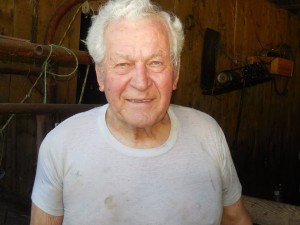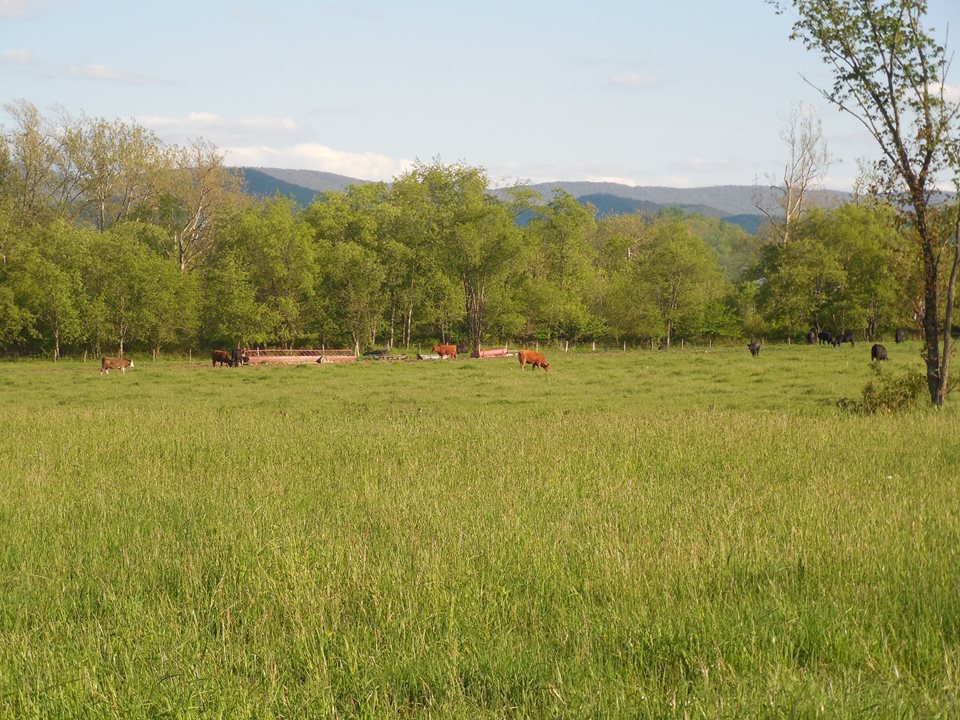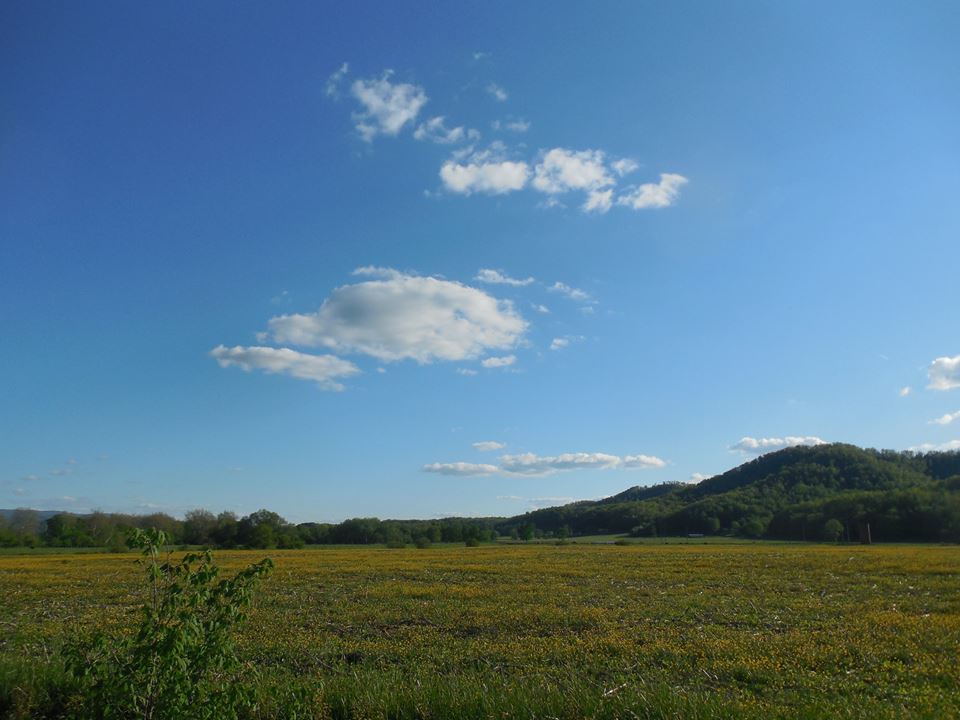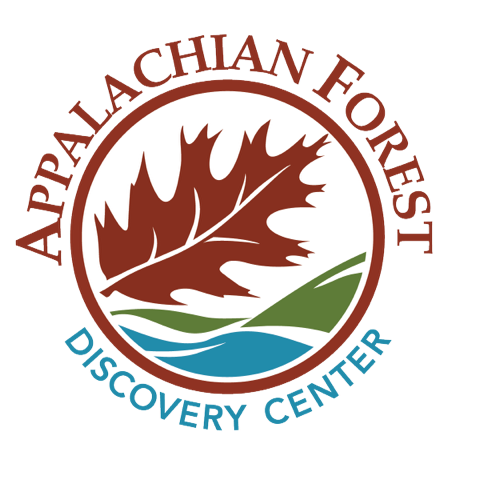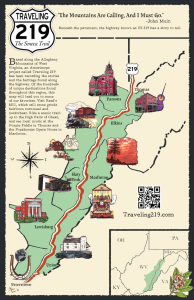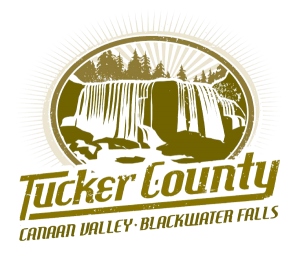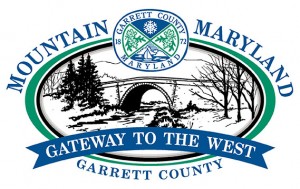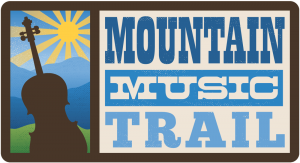One of West Virginia’s Last Sheep Shearers Reflects on His 64 Year Career
There are 100,000 less sheep in the state of West Virginia today than during the 1970’s. Now, there are 36,000 sheep in the state. The demand for synthetic fibers over wool for our clothes and blankets is one reason for the sharp decline. One man from Upshur County is about to hang up his shears. After sheep shearing for 64 years, Calvin McCutcheon says he will retire next year.
At just under 80 years old, Calvin McCutcheon looks like a bodybuilder. His thick stocky torso is bent over while he wrangles a full grown sheep, trying to get it to lay still and stop thrashing.
But this is nothing- McCutcheon holds the state record for shearing 300 sheep in one day.
He began shearing when he was a teenager. At a 4-H Farm in Spencer, someone with WVU Extension offered to teach him.
“And as a cocky 14-year-old I climbed down off the fence and said “I’ll try anything once. I’ve sheared a 100,000 sheep since then.”
At 23 years old, he was determined to step away from the shearing business and become a Methodist pastor.
“But the best sheep shearer in the 10 county area lost his arm to a corn picker the fall before. So he got his arm cut off. He couldn’t shear sheep any more. And they were hurting. I sheared 1,200 sheep right there in that area.”
And so, McCutcheon picked his clippers back up and became a sheep shearing preacher.
He prepares for the spring shearing season almost like an athlete- he goes to the gym about 20 days a month, working to strengthen his shoulders and his lower back.
One of the farmers who hires McCutcheon to shear sheep is Sam Cunningham, who says it’s just really tough to raise sheep, and there’s not a lot of money in it. “I used to keep 75, now I keep 10 head around here just for my grandkids,” said Cunningham.
Cunningham runs the wool up to a buyer in Pendleton County, named Joe Harper. From there, it will get sold to South Carolina, where it’s carded, and then exported to woolen mills China. Most of the woolen mills in this country have gone out of business.
Farmers here in West Virginia earn less than a dollar per pound, which is hardly even a profit. Some farmers make value added craft products out of their wool, which can help turn more of a profit. Sheeps and Peeps Farm in Aurora and The Holler Farm in Renick are two businesses that sell locally made wool crafts. (They’re also both along or near route 219)
Sheep farmers earn more income selling the lambs as meat.
Even though the wool industry is on the decline, there’s still a high demand for sheep shearers because sheep farmers still try to keep the wool off their sheep’s backs to keep them clean and healthy.
But there just aren’t many people interested in learning the trade. Some farmers in West Virginia even hire people from out of state to shear their flock.
Over the years, Calvin McCutcheon has taught dozens of young people to shear sheep, but most of them quit because the physical labor is so tough.
“Well if someone wants to shear sheep, they’ve got to be willing to do hard work, learn a skill and keep at it.”
In 1955, McCutcheon won fifth place in a national contest for sheep shearing. In sheep shearing, time is important, but the way you handle the sheep and keep them comfortable and controlled is the main thing judges look for.
When he won the national award, McCutcheon was recruited by a professional shearing company to work full time out west.
“I was invited to be a part of a shearing band that would migrate from Texas to the Dakotas. I would have been able to make in 4 months times more than I made all of probably 20 years before I made that much money as a pastor.”
But instead- he decided to stay in West Virginia, and that’s where he plans to stay, even as he puts down his professional sheep shears next summer.
Although he officially retired as a Methodist preacher, McCutcheon was recently asked to return as a pastor, so he’ll be continuing that work next year.
Note: This story was originally published by West Virginia Public Broadcasting.
Category: Uncategorized

